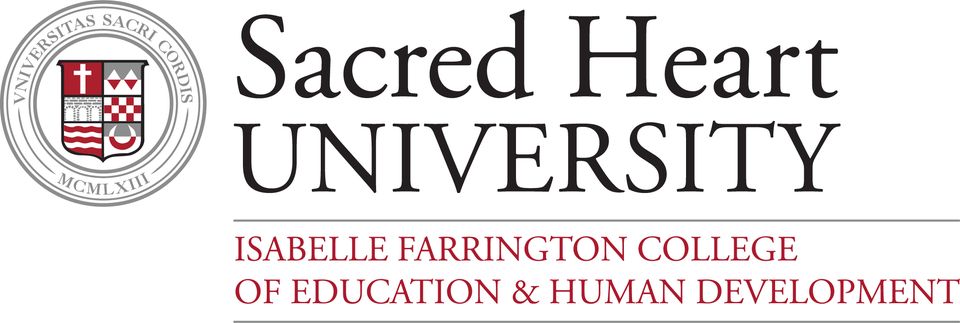Document Type
Peer-Reviewed Article
Publication Date
1-2018
Abstract
In 1599 the Society of Jesus approved the Ratio atque Institutio Studiorum Societatis lesu (Method and System of the Studies of the Society of Jesus). The document outlined policies and procedures on the administration, curriculum and teaching practices in its educational institutions in Europe and abroad. Part of the Ratio detailed a secondary program of studies in classical languages and literature. The subject of this study is the program of humane letters and the focus of the analysis is the professional behavior of the Jesuit teacher responsible for its implementation. This paper identifies the actions that a Brazilian Jesuit would have taken when teaching the humanities in a Brazilian college in the 17* and 18* centuries. His pedagogical actions and activities are inferred from the “Common Rules for the Teachers of the Lower Classes” of the Ratio Studiorum.
DOI
10.14393/che-vl7nl-2018-3
Recommended Citation
Lorenz, K.M. (2018). Introduction to Jesuit pedagogy in colonial Brazil. Humanist education and the Ratio Studiorum. Cadernos de História da Educação, l7(1), 25-50. doi: 10.14393/che-vl7nl-2018-3
Creative Commons License

This work is licensed under a Creative Commons Attribution-NonCommercial-No Derivative Works 4.0 International License.
Included in
Catholic Studies Commons, European Languages and Societies Commons, Intellectual History Commons, Social and Philosophical Foundations of Education Commons



Comments
This study was conducted as part of a project developed for the Presidential Seminar on the Catholic Intellectual Traditions, scheduled during the 2016-2017 academic year at Sacred Heart University. The seminar is organized annually for faculty by the Office of Mission and Catholic Identity.
Title in Portuguese: Introdução a la Pedagogia Jesuita no Brasil Colonial. Educação Humanista e o Ratio Studiorum.